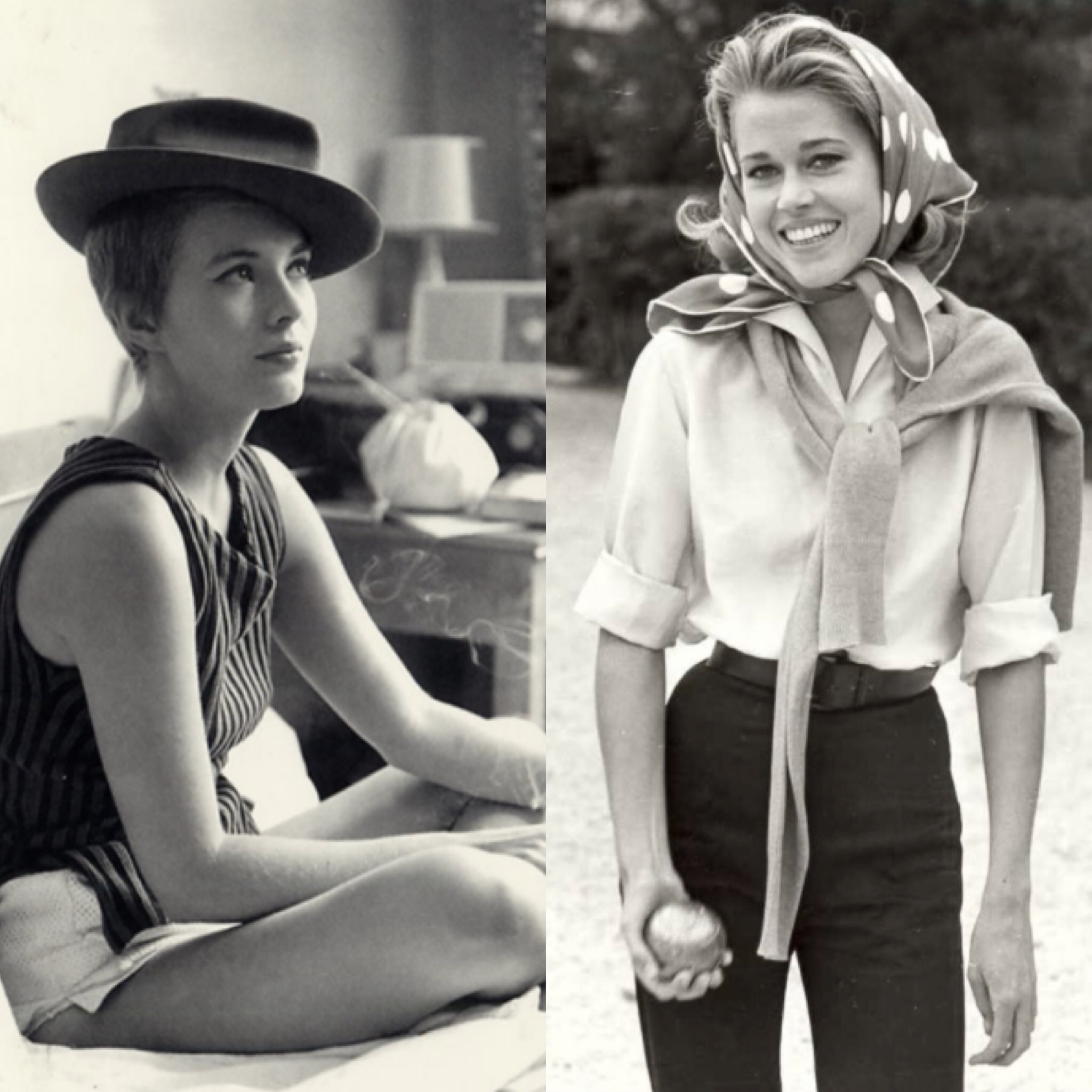Listen to this episode on Apple Podcasts.
With her Hollywood career already something of a disappointment, Jean Seberg took a chance on a French film critic turned first-time director who wanted her to play an amoral American in an experimental movie without a script. The result was Breathless, the catalyzing hit of the French New Wave and the movie that would make Jean Seberg an icon. Soon thereafter, Jane Fonda got her own invitation to come make a movie in Paris, where she’d soon fall in love with Roger Vadim, the man who discovered Brigitte Bardot. Jane Fonda would become Vadim’s new creative muse, as well as his third wife.
SHOW NOTES:
Sources:
Jane Fonda: The Private Life of a Public Woman by Patricia Bosworth
Played Out: The Jean Seberg Story by David Richards
Everything Is Cinema: The Working Life of Jean-Luc Godard by Richard Brody
Laid Bare: A Memoir of Wrecked Lives and the Hollywood Death Trip by John Gilmore
Jean Seberg interview with Mike Wallace
Music:
All of the music used in this episode, with the exception of the intro and outro, is from royalty-free music libraries and licensed music collections. The intro includes a clip from the film Casablanca. Outro song: “Paris” by Lana Del Ray. Excerpts from the following songs were used throughout the episode: “Meet Me In Queens 2” by Örjan Karlsson, “Surfing Ghouls” by Håkan Eriksson, “Song For Johanna” by Franz Gordon, “Latin Quarters Jazz Band 2” by Magnus Ringblom, “Past Closing Time 3” by Magnus Ringblom, “Widows Dance” by Håkan Eriksson, “Ambient Acoustic Guitar 18” by Anders Ekengren, “Cinema Francais 4” by Magnus Ringblom, “Modern Vintage Gypsy 2” by Gavin Luke, “Modern Vintage Gypsy 3” by Gavin Luke, “Musique A La Carte 05” by John Åhlin, “Nightclub Standoff” by Håkan Eriksson, “Meet Me In Queens 3” by Örjan Karlsson, “Easy Lynch Guitars 2” by Johan Hynynen.
Sponsors:
This episode is sponsored by The Great Courses Plus
Credits:
This episode was edited by Sam Dingman, and produced by Karina Longworth with the assistance of Lindsey D. Schoenholtz. Our logo was designed by Teddy Blanks.








